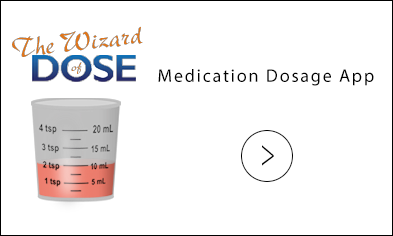
Bites
If your child gets bitten, your main concern is infection from the biter’s mouth. All mouths, whether human or animal, are heavily contaminated with germs. For a bite to bear the risk of infection, it must break the skin; if the teeth leave only an imprint, there’s no risk at all. A penetrating bite, however, requires vigilance and should be evaluated by a doctor, who may prescribe preventive antibiotics. If the site becomes infected, you’ll see significant redness, pain, and swelling, which will definitely require an oral antibiotic. To reduce the chance of infection and avoid trapping germs under the skin, doctors rarely suture open bite wounds, unless they’re on the face (for cosmetic reasons).
If it’s a penetrating animal wound, you also have to consider the possibility of rabies, a rare but potentially fatal disease. Since rabid animals become inexplicably aggressive, consult your physician immediately if your child is bitten without provocation by a dog or wild animal such as a bat. The only treatment for rabies is early vaccination, which should be administered as soon as possible after the bite.




 MEDICATION DOSAGE
MEDICATION DOSAGE

